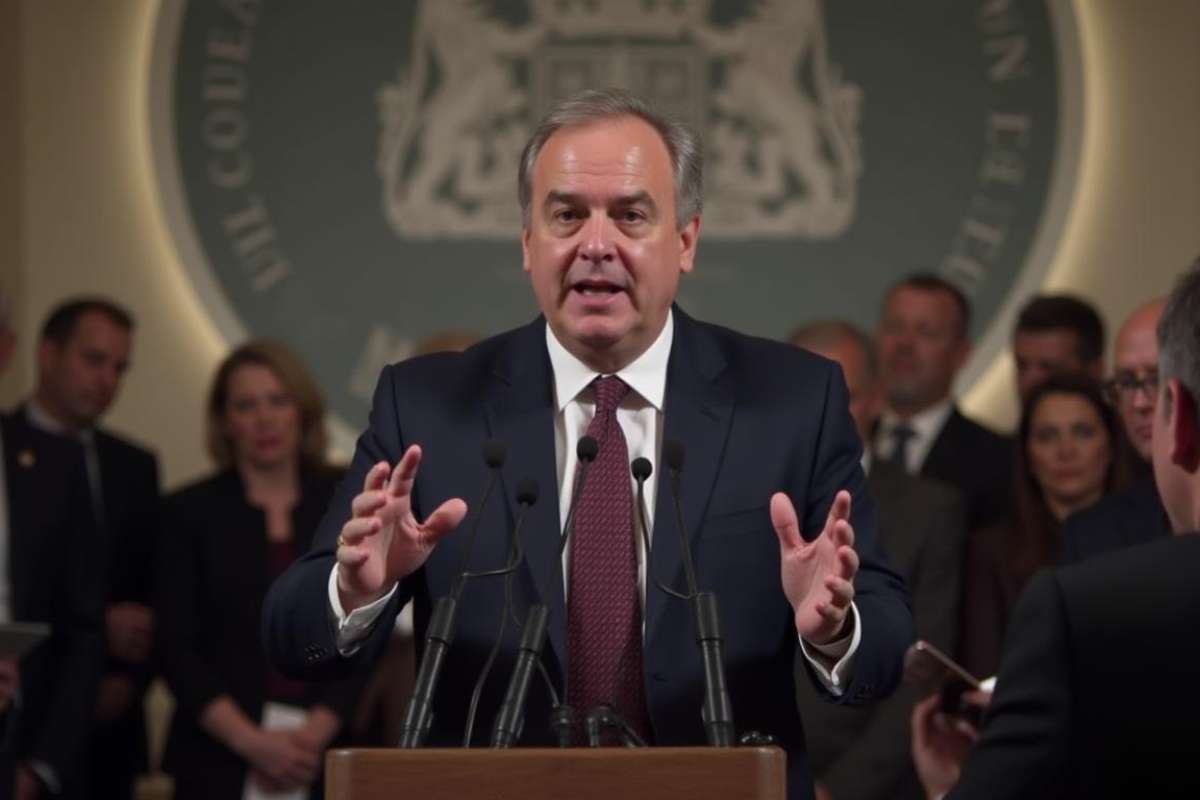Bank of England Governor Andrew Bailey, now also chair of the Financial Stability Board (FSB), has issued a stark warning to global banks against issuing their stablecoins. In recent interviews, Bailey emphasized that private stablecoins—digital tokens typically pegged to traditional currencies—pose a threat to financial stability and could undermine sovereign control over monetary systems.
Andrew Bailey voiced particular concern that stablecoins, unlike bank-issued money, do not carry the same level of protection or oversight. “I’d much rather see tokenized bank deposits,” he said, referring to digitized versions of existing bank money rather than introducing entirely new digital currencies. He also expressed skepticism about the need for central bank digital currencies (CBDCs), suggesting they may be redundant if secure digital banking options already exist.
The Bank of England’s position stands in contrast to developments in the United States, where policymakers are considering regulations that would allow banks to issue stablecoins under proposed legislation like the ‘Genius Act’. Bailey warned this could accelerate systemic risks and further fragment monetary authority.
Economic Softening as Job Market Loses Steam
Beyond the crypto debate, Andrew Bailey is closely watching signs of strain in the UK economy—particularly within the labour market. Speaking at a British Chambers of Commerce event, the governor noted “slack opening up” in employment as businesses pull back on hiring amid economic uncertainty.
Unemployment has edged up to around 4.6%, and wage growth has cooled slightly from 5.5% to 5.3%. Job vacancies, too, have declined significantly. Bailey attributed this cooling effect in part to the government’s recent £25 billion hike in employer national insurance contributions—implemented under Chancellor Rachel Reeves last October—which he believes may have led businesses to restrain staffing and pay increases.
While the UK posted a strong 0.7% GDP growth in Q1 2025, Bailey cautioned that much of it may have been front-loaded and may not reflect sustained momentum in the second half of the year.
Interest Rate Cuts on the Horizon?
In light of these economic headwinds, Bailey hinted that interest rate reductions could soon be on the table. The current Bank Rate stands at 4.25%, but signs of a slowing job market and easing inflation pressures could allow the Bank of England to begin cutting rates—possibly as early as August.
However, Andrew Bailey emphasized that any rate cuts would be gradual and carefully paced. He warned that core inflation, particularly in the services and food sectors, remains persistent and will require continued vigilance.
Analysts now expect two quarter-point cuts before the end of 2025, bringing rates down to around 3.75%, provided inflation stays on a downward path and the labour market continues to cool.
Andrew Bailey’s stance highlights a broader balancing act: fostering innovation in finance while preserving economic stability. As digital currencies gain global traction, the Bank of England is taking a cautious approach, prioritizing regulatory safeguards over rapid adoption. At the same time, the UK’s internal economic signals—particularly in employment—suggest that the central bank must tread carefully as it adjusts monetary policy for a shifting landscape.











